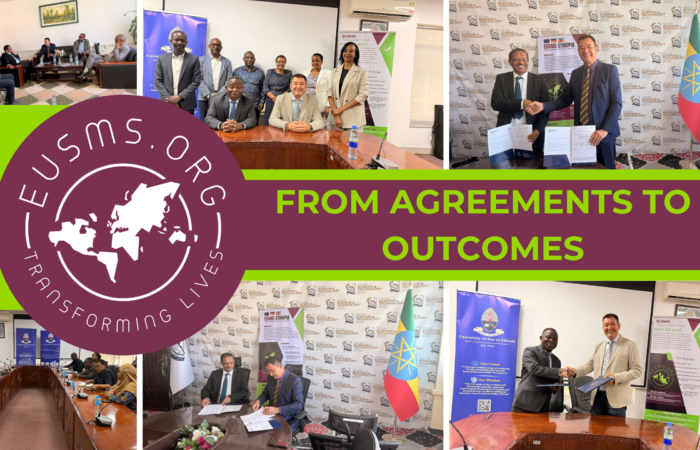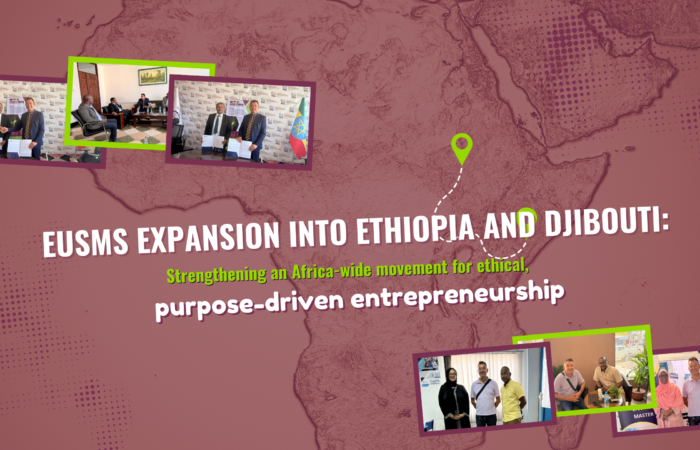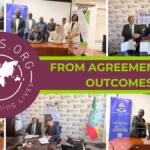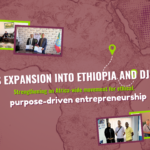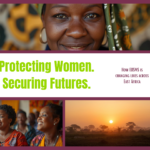How a values-led entrepreneurial wave is reshaping the future—and how EUSMS nurtures it.
East Africa is experiencing a quiet revolution—one driven by entrepreneurs who care as much about impact as they do about income. Across Kenya, Uganda, Tanzania, Rwanda, and Ethiopia, a new generation of business leaders is transforming purpose into profit. These individuals are not merely establishing companies; they are solving deeply rooted challenges with heart, ethics, and resilience.
This is precisely the kind of mindset fostered by the EUSMS approach, where entrepreneurship is taught not merely as a skill but as a mission aligned with universal ethics and conscious leadership. The 5 Pillars—Entrepreneurship, Universal Ethics, Stoicism, Mindfulness, and Skepticism—guide aspiring founders to create ventures that uplift lives and transform communities.
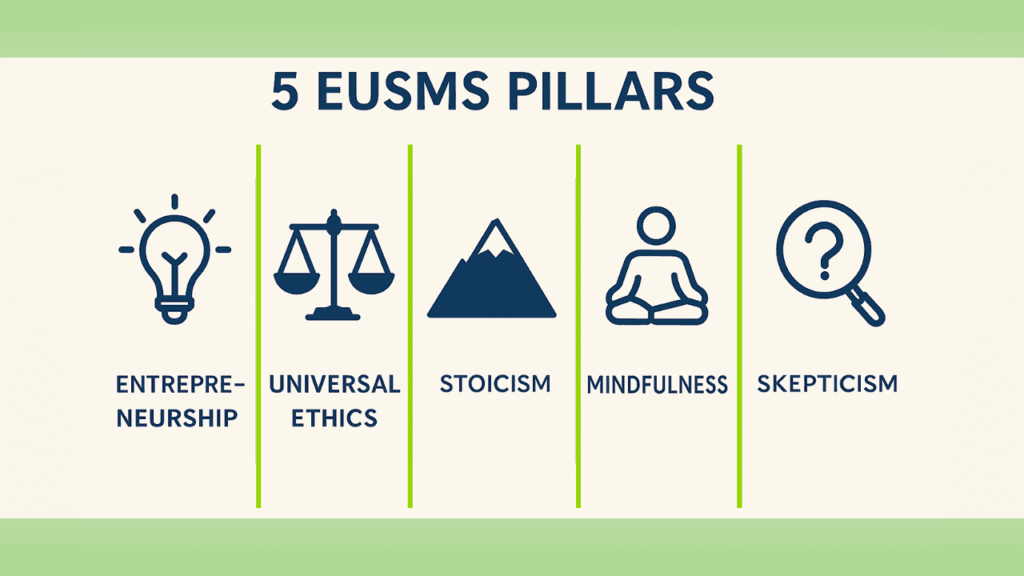
Across East Africa, driven entrepreneurs are tackling urgent issues—from clean energy to food insecurity and financial inclusion. Many established companies are rooted in local needs but with potential for global impact. A fintech startup in Uganda might help market women save and borrow securely via mobile wallets. In Kenya, a young founder could introduce a solar-powered cold storage solution for smallholder farmers. These ventures don’t just aim to grow—they focus on serving.
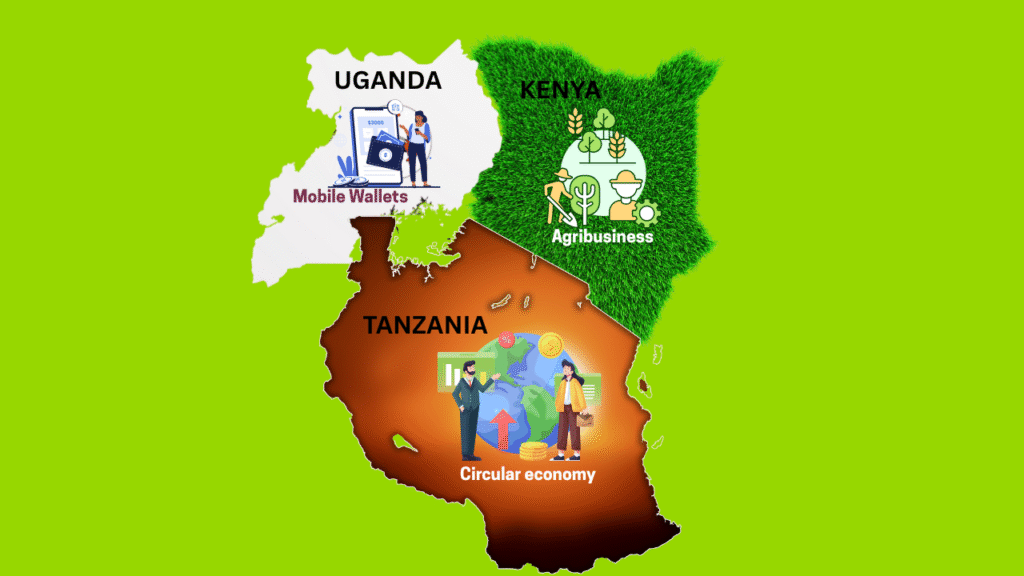
The EUSMS philosophy encourages this shift by helping entrepreneurs root their business models in local value systems, not just market trends. Rather than imitating solutions from abroad, founders are inspired to ask deeper questions: What does my community truly need? What legacy will my business leave? This inquiry-driven thinking, grounded in Skepticism, enables entrepreneurs to design ventures that feel authentic and relevant.
What is especially powerful about this movement is how deeply it is intertwined with culture. Many founders integrate indigenous knowledge, storytelling, and even spiritual awareness into how they operate. The African philosophy of Ubuntu—“I am because we are”—is often reflected in how these businesses treat their teams, their communities, and the planet. This aligns beautifully with the EUSMS emphasis on Mindfulness and Ethics, where personal well-being and collective prosperity are seen as inseparable.
Women entrepreneurs are leading this wave with exceptional strength and clarity. In Rwanda, women-led agribusinesses are advancing food security while creating dignified employment for others. In Tanzania, women are championing circular economy startups, recycling waste into usable goods. EUSMS-led training circles and mentoring clusters often spotlight such women—amplifying their stories, building networks of support, and preparing them for the next stage of their journey.
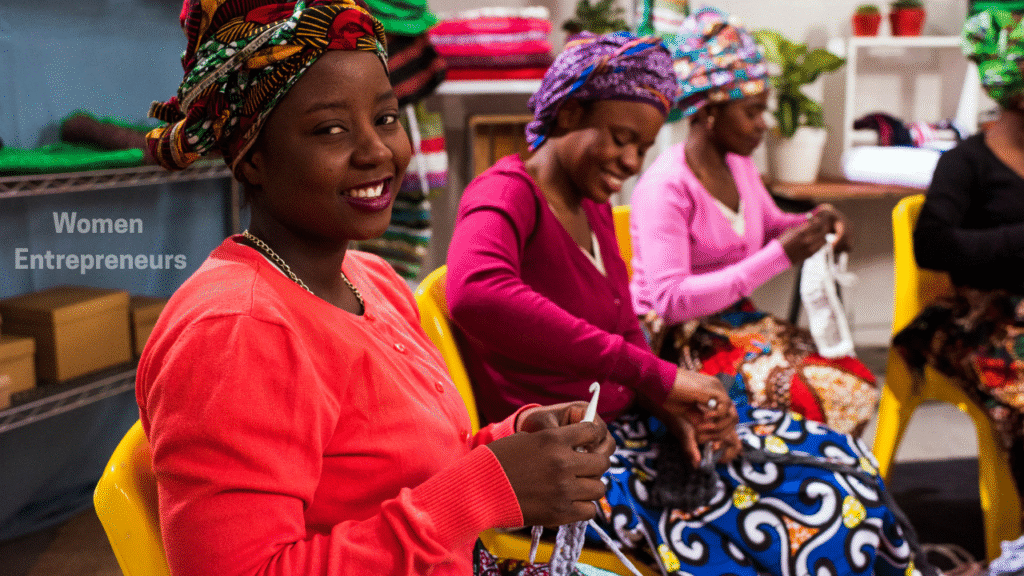
And then there is the environmental side. Many founders across East Africa are building their businesses with sustainability as a non-negotiable principle. From green construction in Ethiopia to eco-tourism in Uganda, entrepreneurs are no longer viewing climate as a threat but as an opportunity to innovate responsibly. These themes resonate deeply with the EUSMS model, where ethical responsibility to people and planet is embedded from day one.
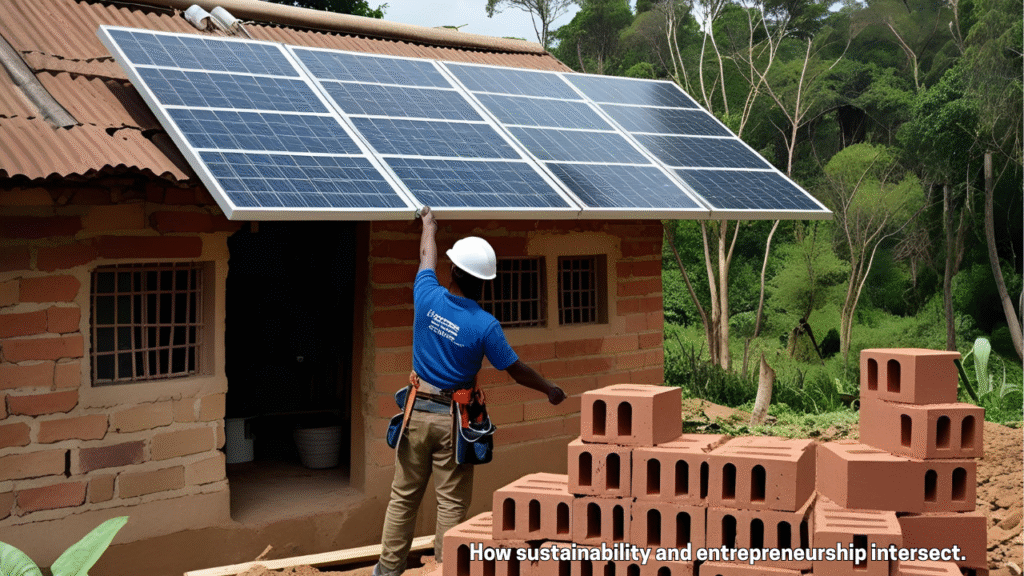
The rise of impact-aligned funding is also shifting the landscape. Investors across Africa and beyond are now looking for ventures that show measurable value—not only in revenue but in social outcomes. To prepare entrepreneurs for these conversations, EUSMS provides structured training in impact storytelling, ethical pitching, and long-term visioning—ensuring that founders feel ready and confident when stepping into rooms with funders and partners.
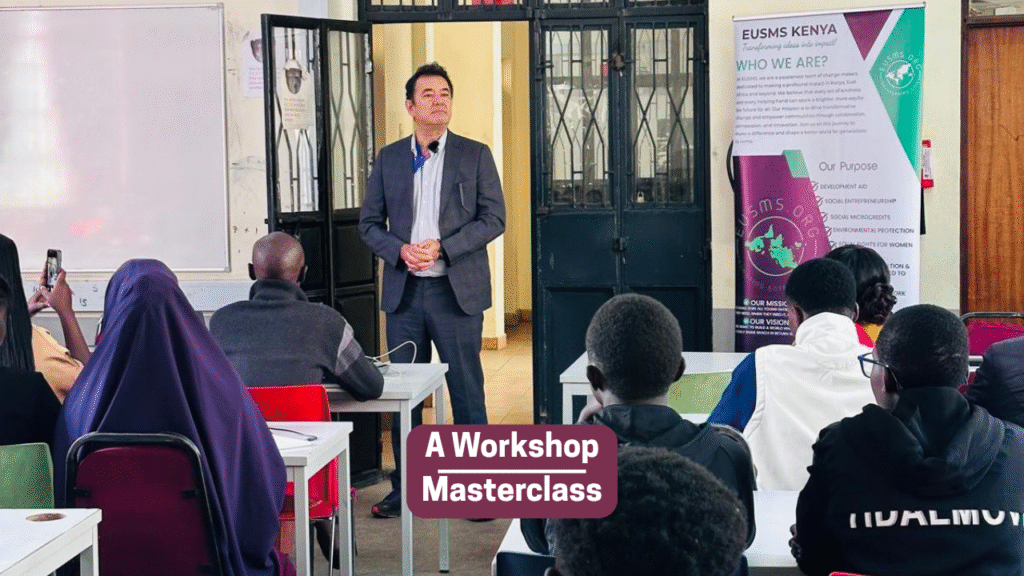
Purpose-driven entrepreneurship is no longer a niche concept in East Africa—it’s becoming the standard. It is supported by a growing ecosystem of accelerators, youth-led innovation labs, and regional programs committed to ethical growth. EUSMS contributes meaningfully to this ecosystem by offering a learning environment that prioritizes character, clarity, and contribution over quick wins or vanity metrics.
As this region continues to rise, so does the impact of businesses built with intention and compassion. This is more than a business trend—it is a cultural renaissance. With the support of education programs built on the EUSMS pillars, entrepreneurs are discovering that success does not have to come at the expense of ethics. On the contrary, it’s often powered by it.
Author : Manisha Mozumder

